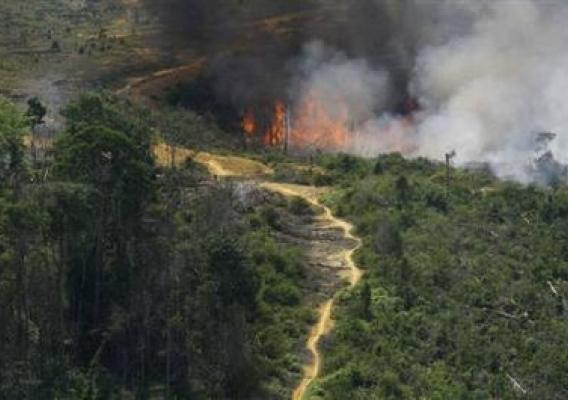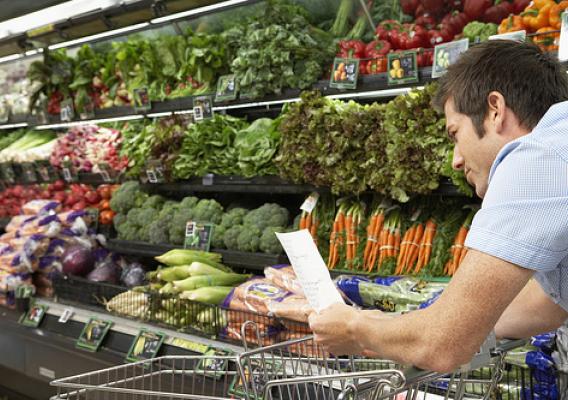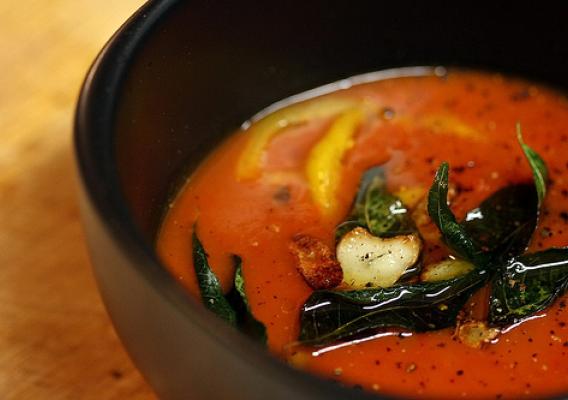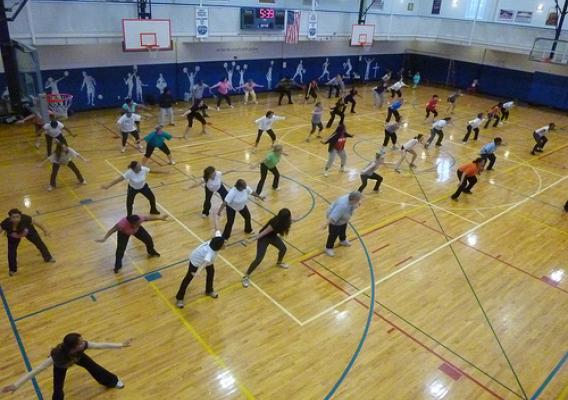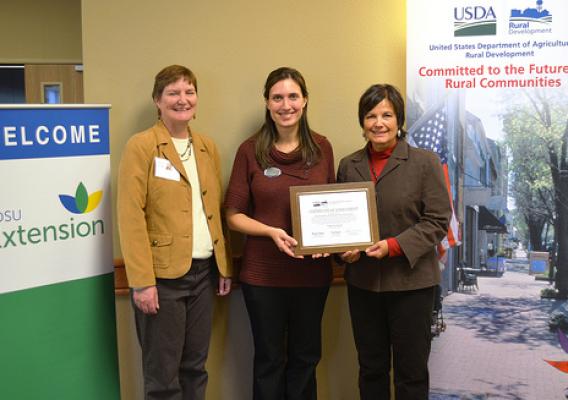During the recent annual Comprehensive Partnership meeting in Washington, D.C., Secretary of State Hillary Clinton and Indonesian Foreign Minister Natalegawa applauded recent initiatives supported by the U.S. Forest Service’s International Programs, including forest governance, environmental impact assessment, climate change mitigation, and the sustainable management of forests.
International Programs draws on the expertise of the entire agency to promote sustainable forest management overseas and to bring important technologies and innovations back to the U.S. Through International Programs, the Forest Service advocates for U.S. interests abroad by engaging with numerous governmental and non-governmental partners to share best practices on a range of conservation issues.
The U.S. Comprehensive Partnership is a long-term commitment between the United States and Indonesia to broaden, deepen and elevate bilateral relations. Officials from both countries consult regularly on issues such as humanitarian assistance and disaster relief, climate change and the spread of communicable diseases.

